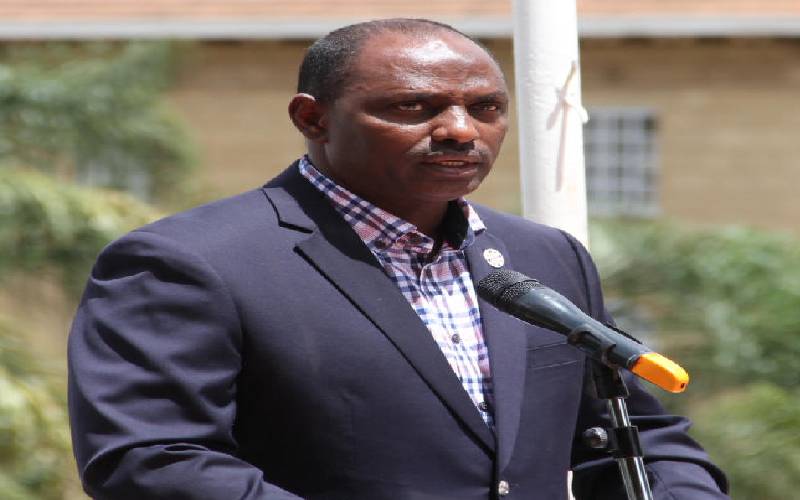×
The Standard e-Paper
Home To Bold Columnists

Amid debate on the latest refusal by the Treasury to disburse mandatory sharable revenue citing failure by counties to settle pending bills, do not be fooled by the excuse that the country is broke. The truth is that the temporary Treasury chief mandarin Ukur Yattani (pictured) is not acting out of necessity.